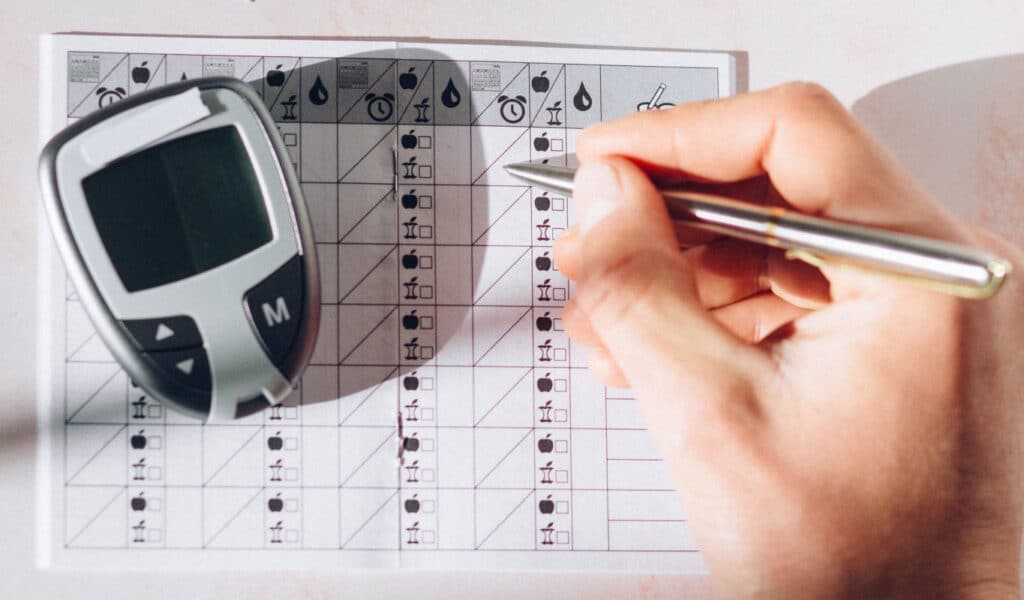CLINICAL SUMMARY
This case study involves a 54-year-old female patient with a past medical history of type I diabetes, diabetic gastroparesis, nephrolithiasis, hypothyroidism, hypertension and traumatic brain injury. She arrived in the ER out of concern for diabetic ketoacidosis (DKA). The patient was hospitalized for DKA one month before this admission. She had been sick with nausea, vomiting, upper abdominal pain similar to prior gastroparesis attacks and was unable to take her insulin for several days. On the day of admission, she started noting blood sugars greater than 400 on her monitor at home, as well as a very dry mouth, and the inability to stay hydrated. The patient had no fever, chest pain, shortness of breath or cough. In the ER, there was generalized abdominal tenderness and tenderness in the right upper quadrant and epigastric area. There was no rCVA tenderness, guarding or rebound. Her vital signs were as follows: temperature max 100 degrees F, pulse 102-126, respiratory rate 16-20, blood pressure 112/63, oxygen saturation 100% on room air. A chest x-ray was unremarkable.
Her labs had the following results:
- WBC 14.54
- Hgb 15.3
- Platelets 494
- Na 128 (135 corrected for glucose 464)
- K 5.2
- CO2 11
- BUN 21
- Cr 1.32
- Osmolality 289
- VBG pH 7.11
- β-OH butyrate 91.30
- Glucose 76-493
- Urine analysis: + glucose, + ketones.
 DENIED INPATIENT STAY
DENIED INPATIENT STAY
The patient was admitted to the ICU, started on IV fluids and an insulin drip and an order for electrolyte replacement as needed. The patient responded well, and the insulin drip was discontinued by hospital day two once DKA resolved and her home long-acting insulin resumed. The patient felt significantly better the following day and left the hospital against medical advice (AMA).
 PEER-TO-PEER DISCUSSION
PEER-TO-PEER DISCUSSION
After the inpatient admission was denied, there was a P2P completed between AppriseMD and the insurance company doctor regarding the case. Although this case met the insurance company’s short stay policy for observation care, the low arterial or venous pH (7.11) and the patient leaving AMA were compelling. After a robust discussion, the insurance company doctor agreed with inpatient level of care for this patient care and overturned the inpatient denial.
OUTCOME: DENIAL OVERTURNED

